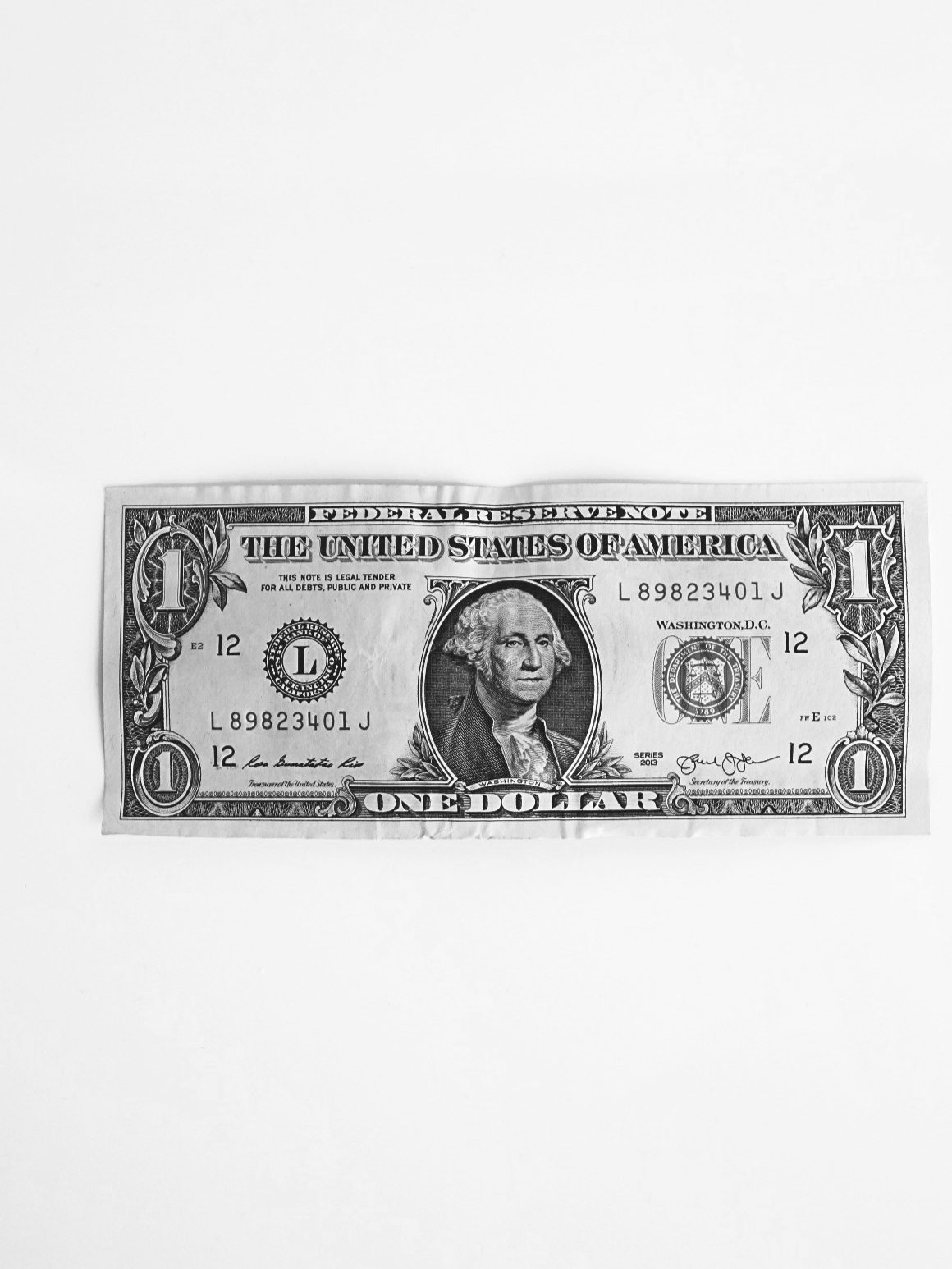New York City’s Bail Success Story.
16-year-old Kaleif Browder was held at Rikers for three years on Rikers without a trial for allegedly stealing a backpack because his family couldn’t afford to pay $3,000 in bail. He later died by suicide after his release.
Bail unfairly targets the poor, and sometimes keeps those accused of crimes in jail for years. In 2017, 33,000 criminal defendants spent time in jail in New York State because they didn’t have the money to post bail.
While prosecutors generally think of setting bail as a minor decision, research has shown that even a small stint in jail can cost defendants their jobs, and strongly impact their case’s outcome. Also, mental-health and housing issues often play a role in landing “frequent fliers” in criminal court. By setting bail and sending them to jail, these issues are only made worse.
However, New York State has recently made moves to reduce the practice of setting bail in criminal cases, and lawmakers in Albany are working on a bill that would abolish money bail.
New York City prosecutors have already reduced the frequency that bail is set, and defendants are still showing up in court. In fact, the return-to-court rate is higher than the national average at 86%. New York City has become the least incarcerated major city in the United states, with a decrease in jail population from 22,000 in 1991 to about 7,800 this year.
Eliminating bail would be a great step forward in criminal justice reform, and would prevent the unjust suffering of defendants in jail without a trial without compromising the safety of the public. Read more about bail and how it plays a role in larger efforts for criminal justice reform at www.themarshallproject.org.

